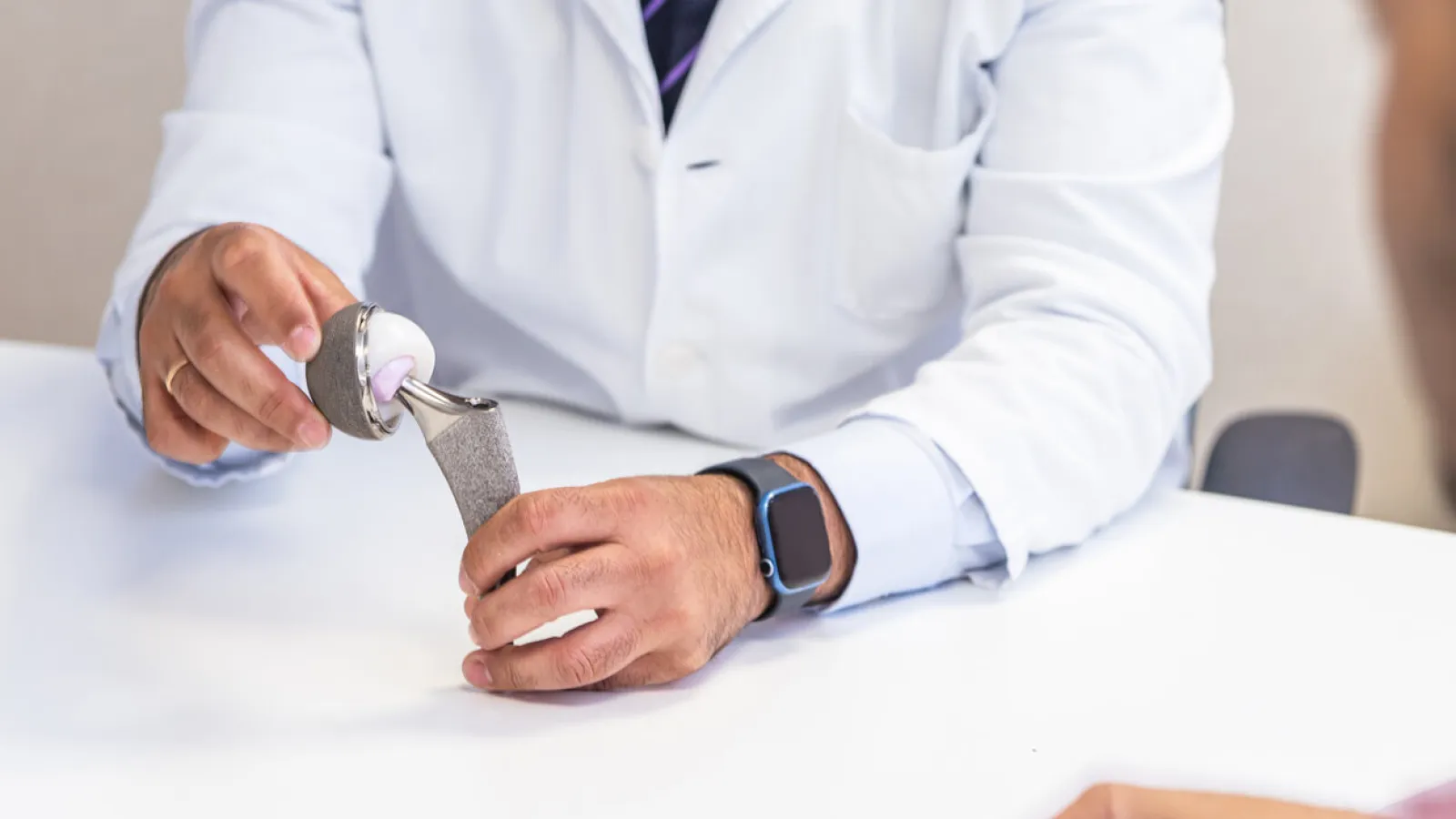Orthopedic problems can make daily life harder. Simple activities like walking, sitting, or using your hands may become uncomfortable or painful. Do you live in Portland, Maine, and are dealing with bone, joint, or muscle issues? Learning more about orthopedic care can be helpful.
This article will talk about how doctors
diagnose and treat orthopedic conditions. It will also provide guidance on how
to choose the right care in Portland to improve your health and daily life.
Diagnosis in Orthopedic Care
The first step in addressing any orthopedic
issue is a proper diagnosis. This allows healthcare providers to identify the
root cause of your symptoms.
Medical History and Physical Exam
When you visit an orthopedic doctor, they will start by asking about your medical history. This information helps the doctor understand your condition better. They will want to know about the following:
●
The symptoms you have
●
When you started having them
●
If there is anything that makes
you feel better or worse
● The effects your symptoms have on daily life
After discussing your medical history, the
doctor will examine the part of your body that is having issues. They might
check how well you can move it, how strong it is, and if it feels stable. They
will also look for signs like swelling, tenderness, or anything that looks
unusual. This exam helps them figure out what might be wrong and what to do
next.
Imaging Tests
Orthopedists often rely on imaging tests to gain a clearer understanding of the affected area. These may include:
●
X-rays: Used to detect fractures,
dislocations, or changes in bone structure.
●
MRI (Magnetic Resonance Imaging): Provides
detailed images of soft tissues.
●
CT Scans: Offers detailed cross-sectional
images of bones and soft tissues.
● Ultrasound: Useful for visualizing soft tissue injuries or abnormalities.
Each imaging test provides specific insights
into the problem. They help the specialist arrive at an accurate diagnosis.
Laboratory Testing
For some conditions, lab testing may be
necessary. Blood tests can detect markers of inflammation or autoimmune
diseases. They are often present in conditions such as rheumatoid arthritis or
infections.
Treatments in Orthopedic Care
Once diagnosed, you and your orthopedic
specialist can work together to plan a treatment tailored to your needs.
Treatments vary depending on the severity of the condition. They may include
non-surgical options, procedures, or surgery.
Non-Surgical Treatments
Non-surgical treatments can help with less severe orthopedic issues. These include:
●
Physical Therapy: Exercises to make muscles
stronger and improve movement.
●
Medications: Pills or injections to reduce
pain and swelling.
●
Activity Changes: Avoiding actions that worsen
the injury.
● Braces or Splints: Supporting and stabilizing the injured area.
These options can relieve symptoms and promote
healing without needing surgery.
Minimally-Invasive Procedures
Minimally invasive procedures are used when non-surgical treatments do not work. These include:
●
Joint Injections: Medicine is injected into
the joint to relieve pain and swelling.
● Arthroscopy: A small camera is used through tiny cuts to see and treat joint problems.
These methods are precise and require only
small incisions, helping with faster recovery.
Surgical Treatments
For more severe conditions, surgery may be the best option. Some common surgical procedures in orthopedics include:
●
Joint Replacement Surgery: Replacing damaged
joints with artificial ones, often used for hips or knees.
●
Arthroscopic Surgery: Repairing torn tissues
or cleaning debris from joints with minimal incisions.
●
Spinal Surgery: Addressing herniated discs or
spinal stenosis.
● Fracture Repair: Using hardware like plates, screws, or rods to stabilize broken bones.
Advancements in medical technology have made
surgical treatments safer. They are also more effective than ever before. It
takes less time to recover, and outcomes are generally better.
How to Find the Best Orthopedic
Clinic in Portland, Maine
Finding the right orthopedic clinic can make
all the difference in your recovery. Here are some tips to help you locate the
best care provider in Portland, Maine:
1. Look for Specialized Expertise
Pick a clinic with doctors who specialize in
your specific concern, like sports injuries or arthritis. Specialists are more
likely to provide the right care.
2. Check Reviews and Patient
Testimonials
Read patient reviews to see what others say
about the clinic. Look for comments on staff behavior, accurate diagnoses, and
helpful treatments.
3. Verify Credentials
Make sure the clinic and its doctors are
licensed and certified. This ensures you are in good hands with qualified
providers.
4. Assess Technology and
Facilities
Look for clinics with advanced tools for
diagnosis and treatment, like modern imaging machines and rehab equipment.
These help in providing better care.
5. Evaluate Accessibility
Consider factors like location, scheduling,
and insurance acceptance. These practical aspects can help you sort through
options when choosing a clinic. It is important to work with a provider that
aligns with your schedule and financial needs. Missing a follow-up appointment
may delay your recovery.
6. Choose Orthopaedic Associates
of Maine
Orthopaedic Associates of Maine is one of the
premier providers of orthopedic care in Portland. We have a team of highly
skilled specialists, cutting-edge facilities, and a patient-first approach.
Reliable Orthopedic Care in
Portland, Maine
Orthopedic conditions can be challenging to live with. However, with proper diagnosis and treatment, you can regain mobility, strength, and comfort.
Orthopaedic Associates of Maine is here to support your recovery every step of the way. We offer many non-surgical options, minimally invasive procedures, and surgery. Call the best orthopedic walk-in clinic near you today at (207) 828-2100. You can also request a consultation to start on the path toward better orthopedic health.
The best orthopedists in Portland, Maine, look
forward to serving you!
Sources:
https://my.clevelandclinic.org/health/articles/orthopedic-surgeon-orthopedist
https://my.clevelandclinic.org/health/treatments/24801-orthopaedic-surgery
https://www.mayoclinic.org/departments-centers/orthopedic-surgery/sections/overview/ovc-20126754
